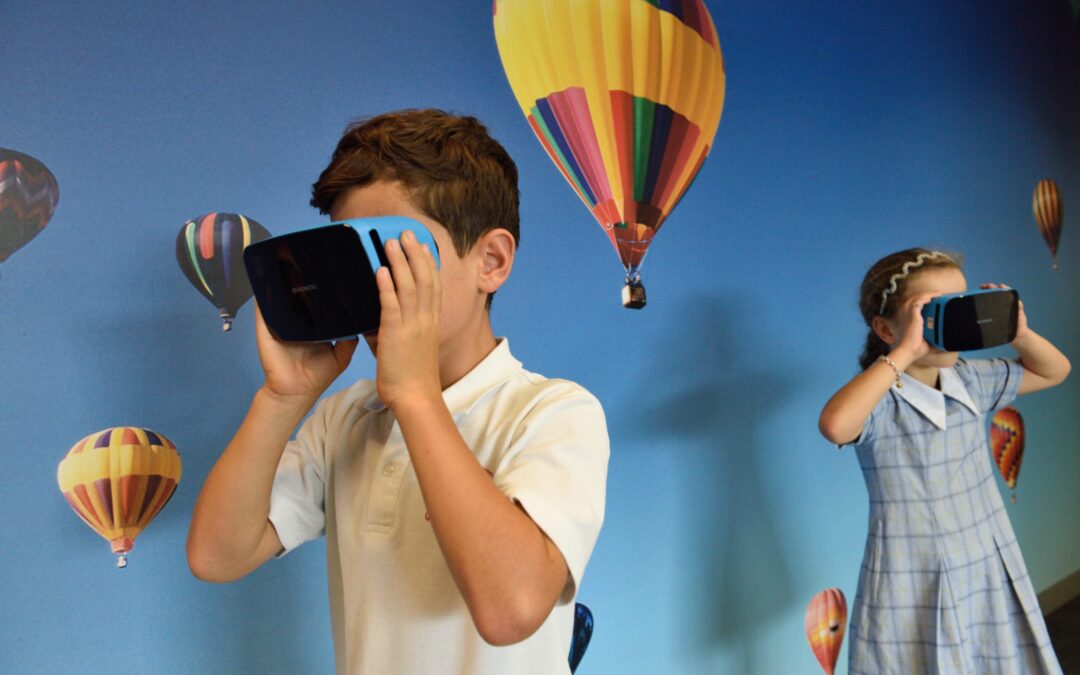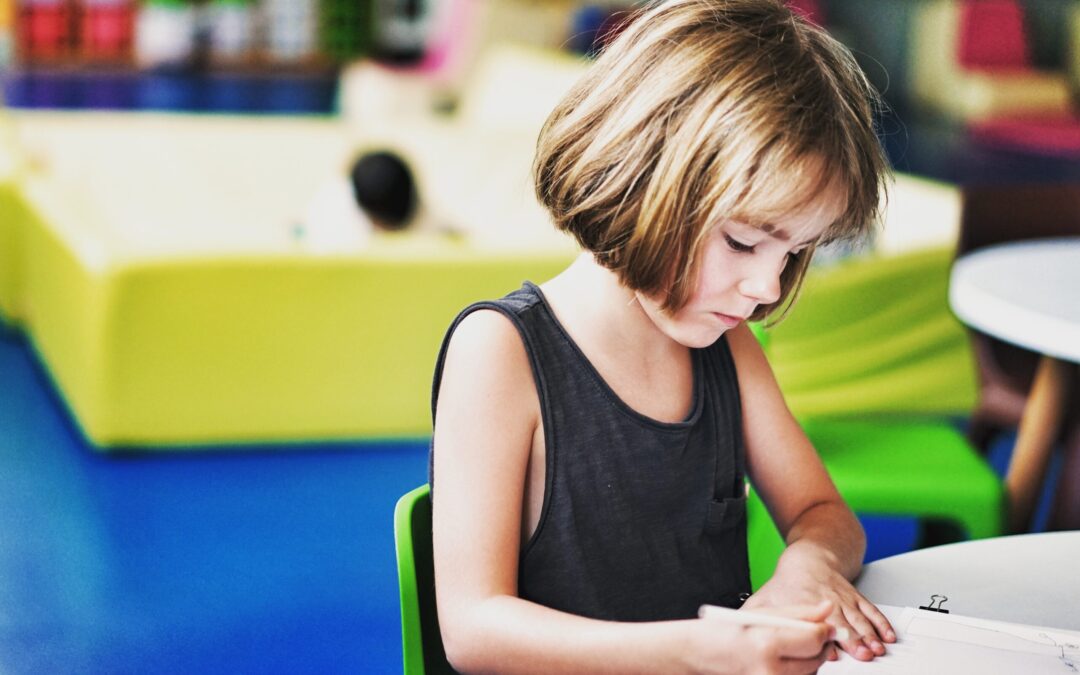
by The Children's Treatment Center | Aug 10, 2017 | General
The start of a new school year is just around the corner. While many children are happy about heading back to the classroom and seeing their friends again, for some kids, a new school year embodies fear and school anxiety. But, what if your child could go into their...

by The Children's Treatment Center | Aug 14, 2015 | General
It’s hard to believe it but it’s that time again: schools are welcoming back students all across the country. The summer weeks have passed and parents everywhere are stocking up on school supplies while their children pick out their favorite lunch boxes. For many...




